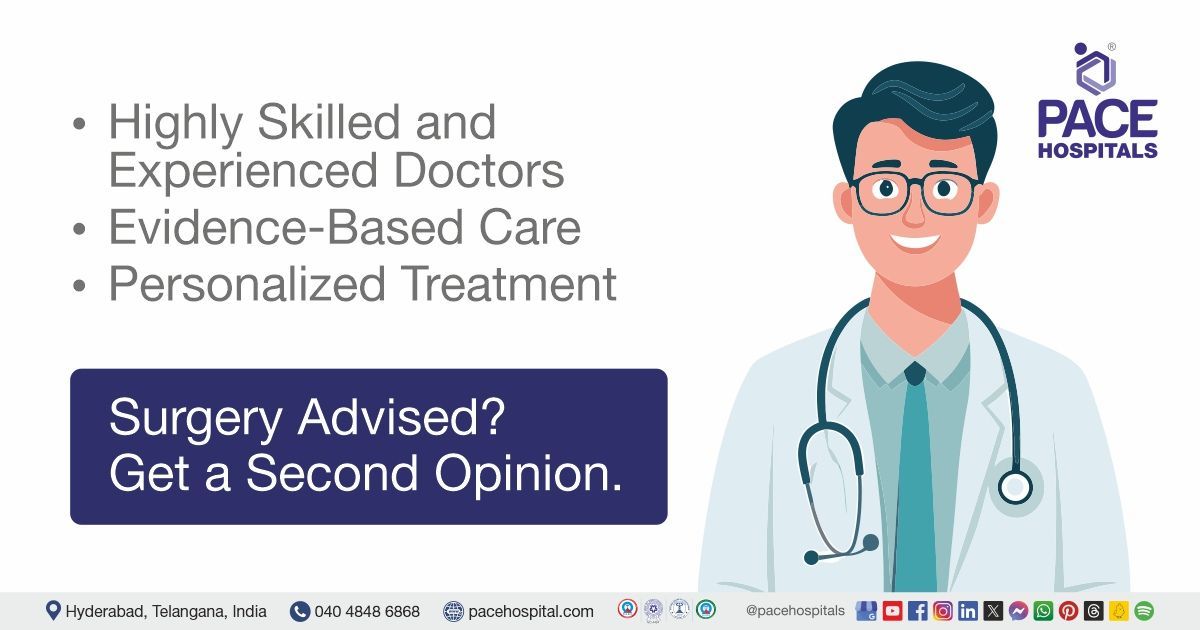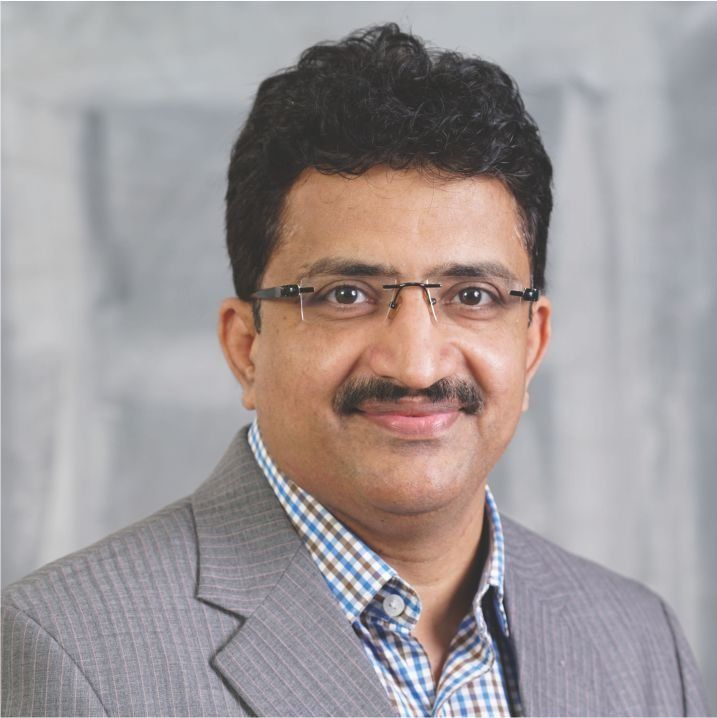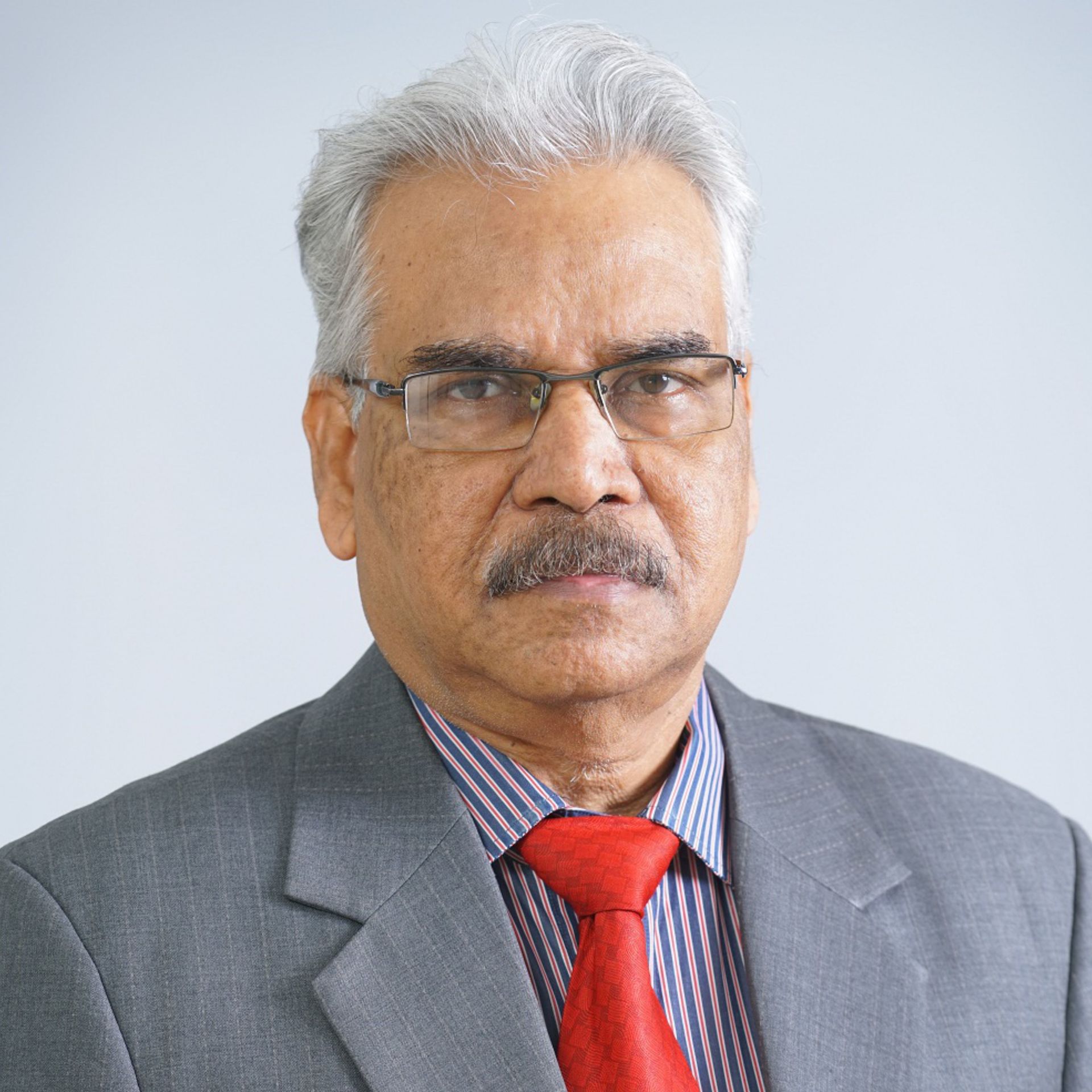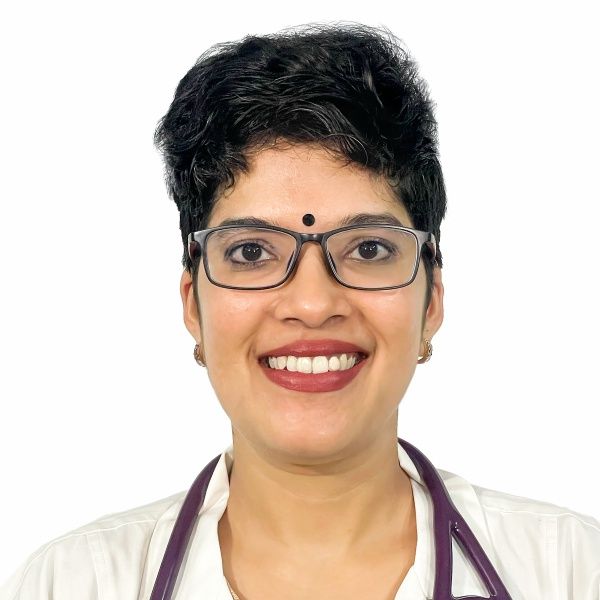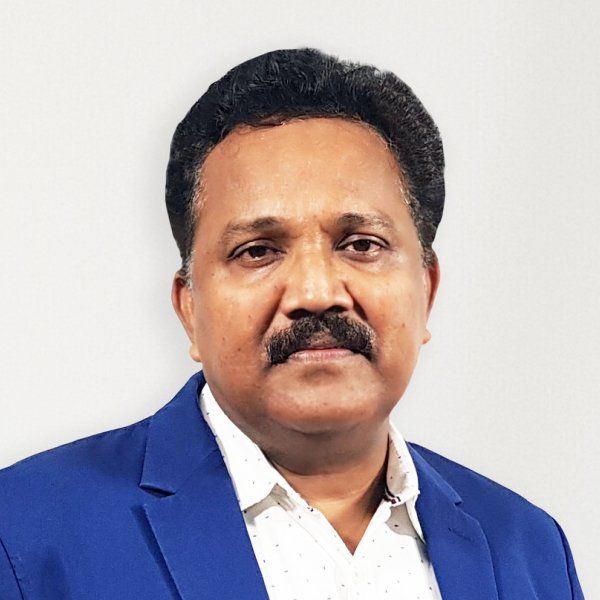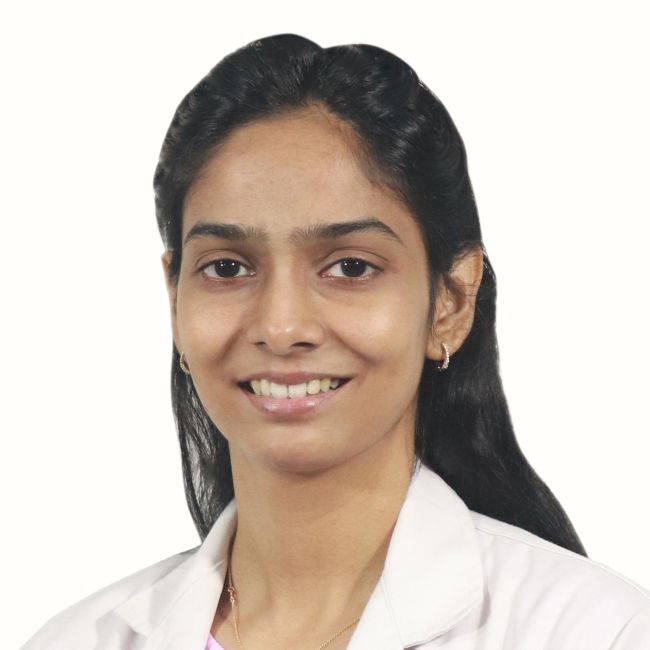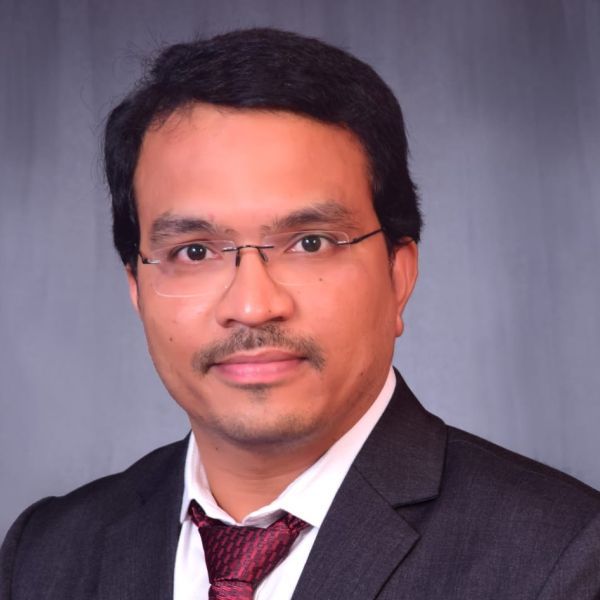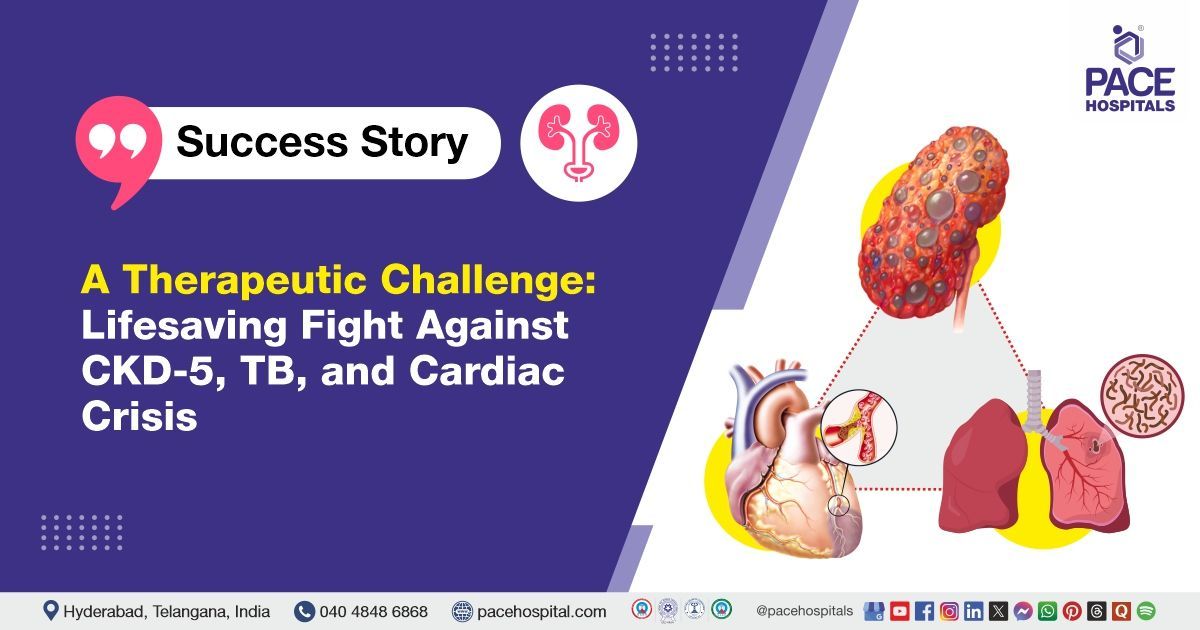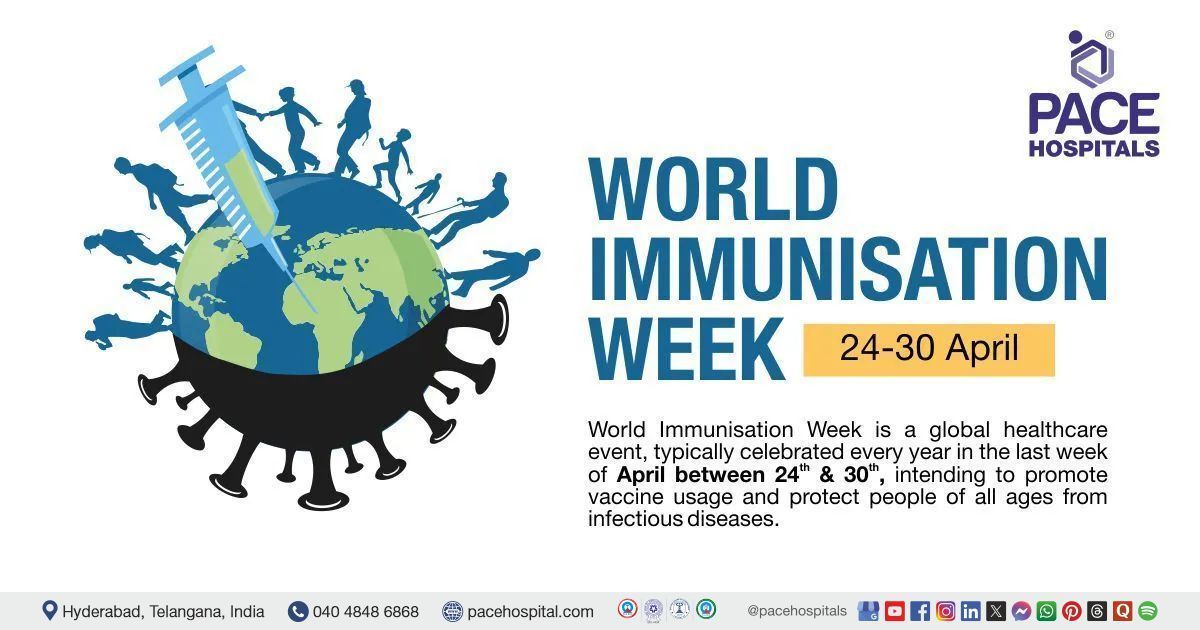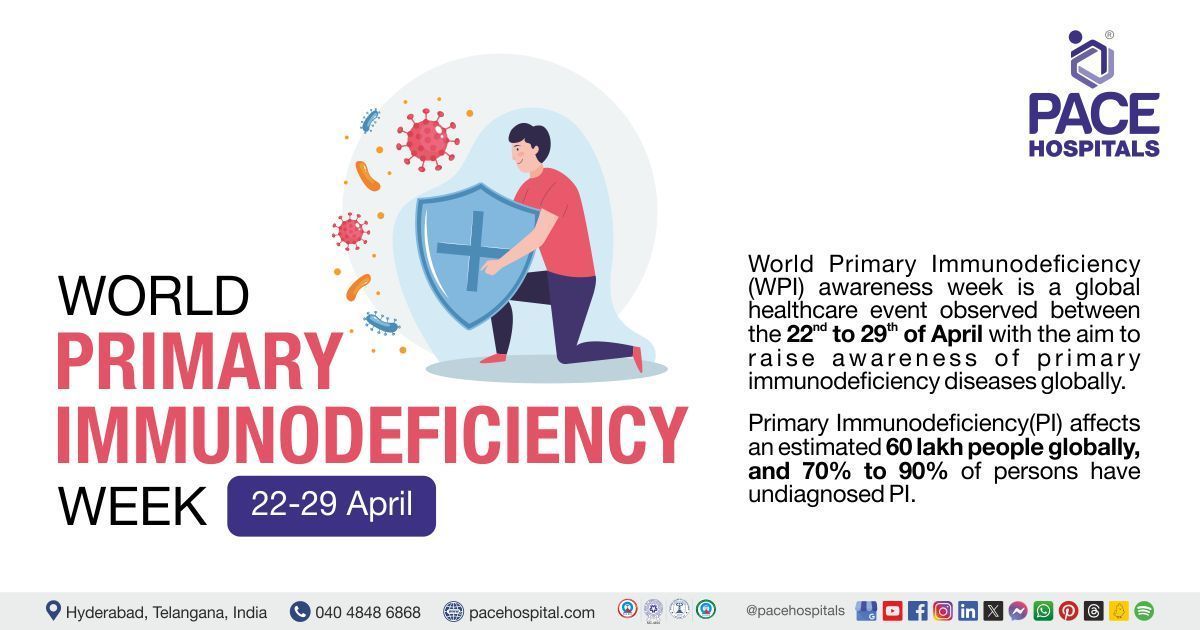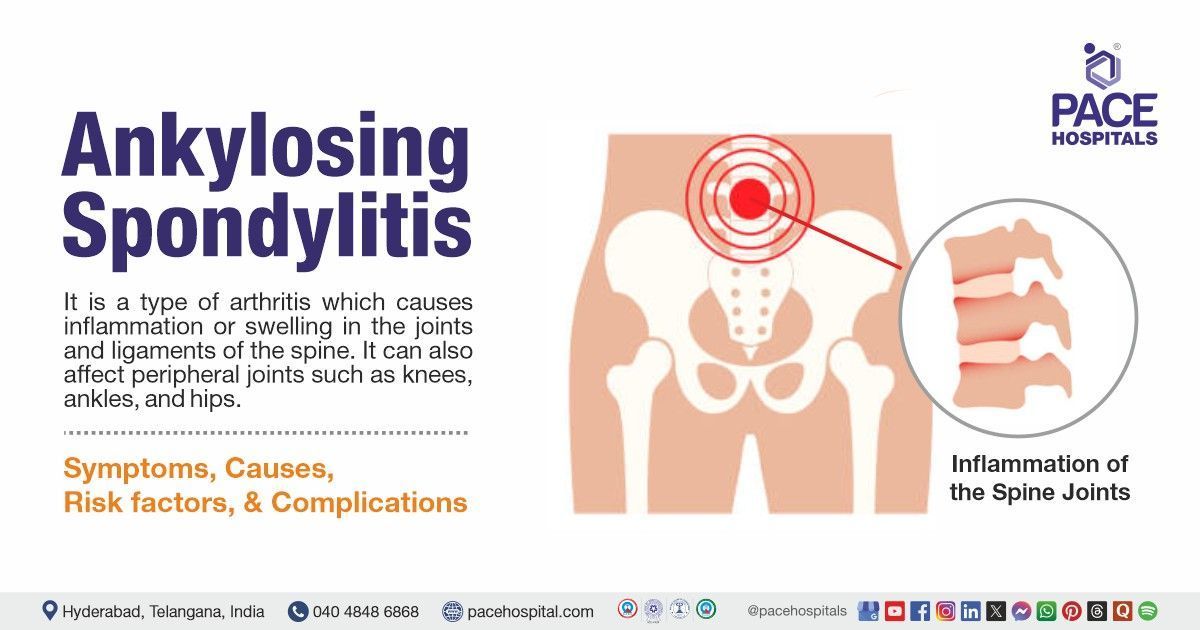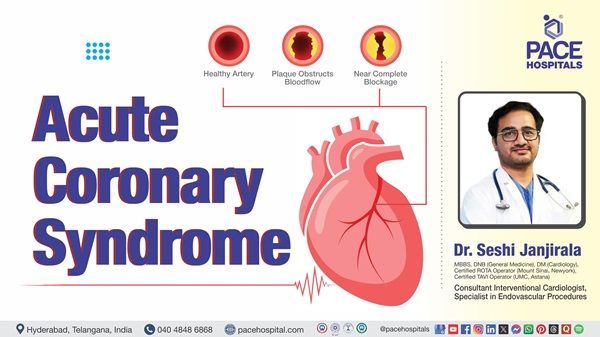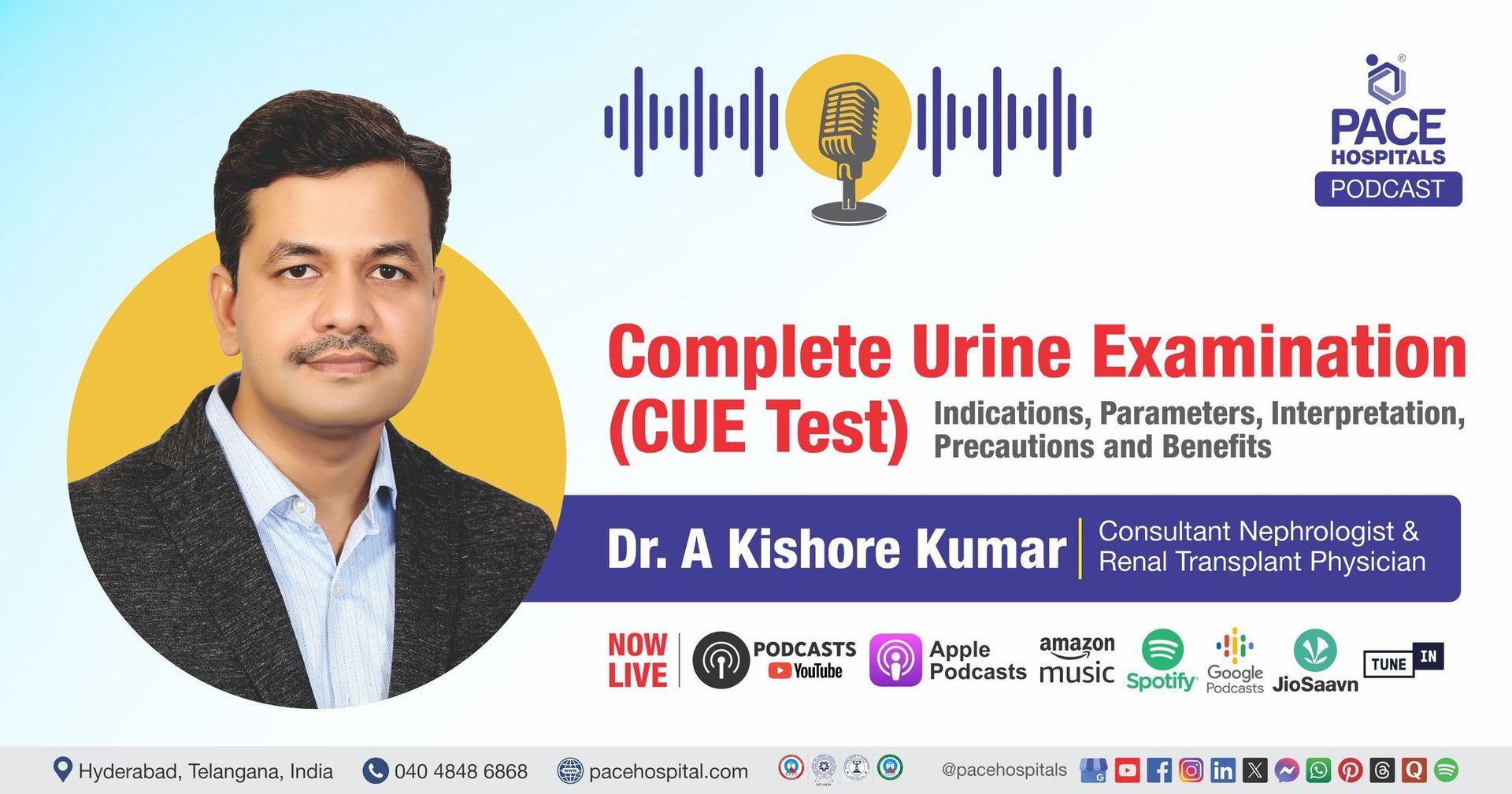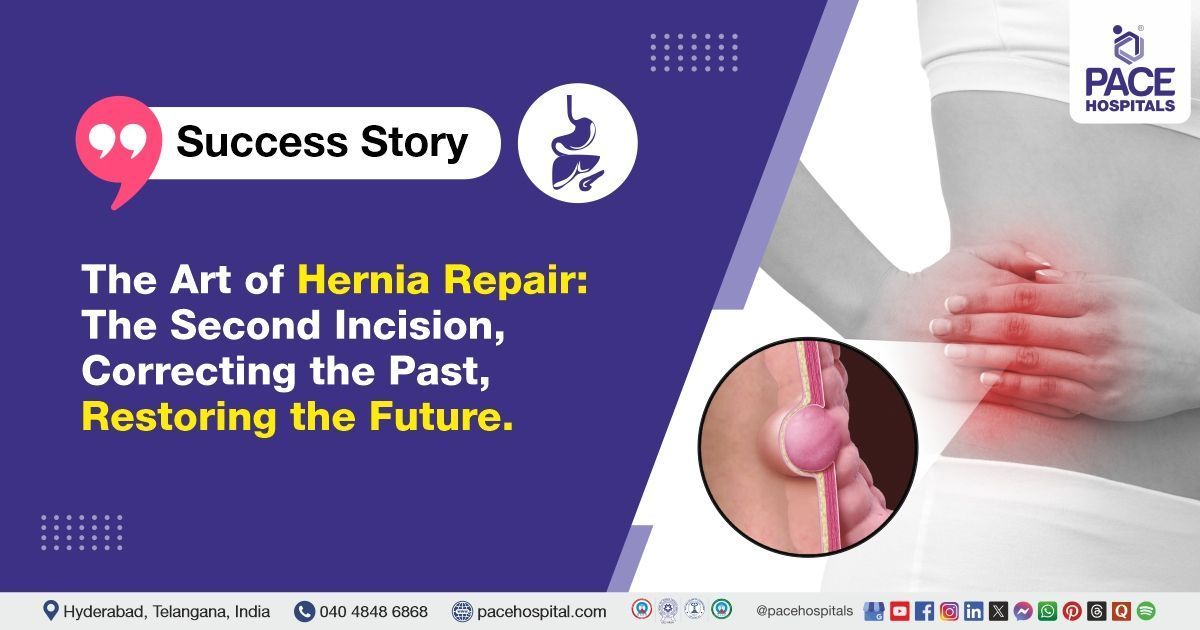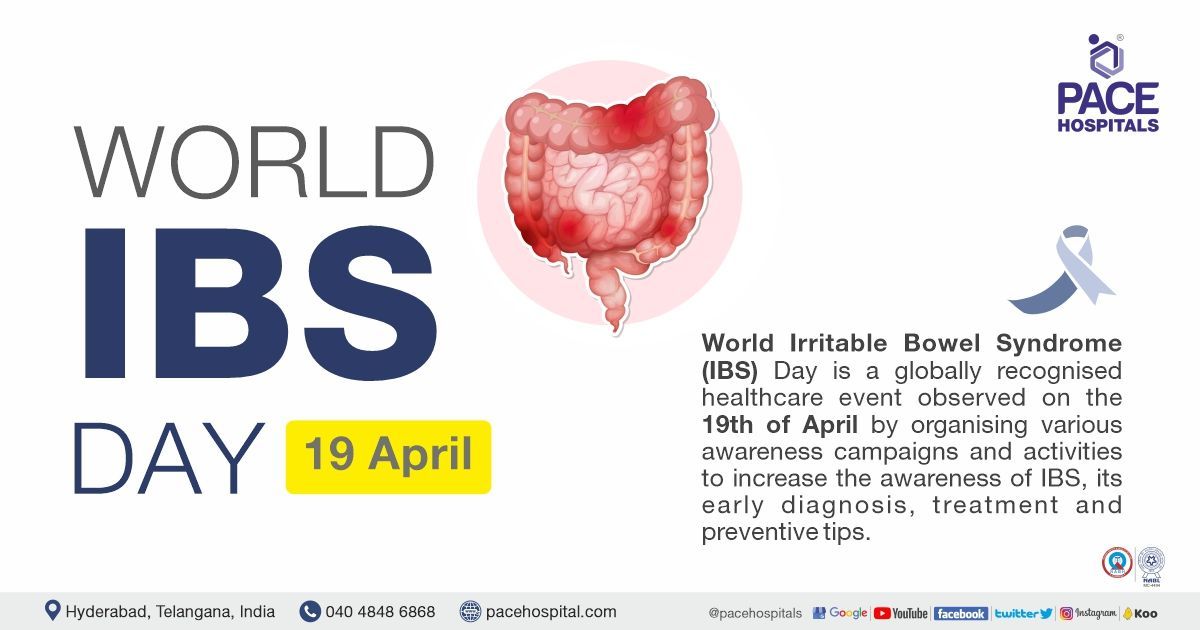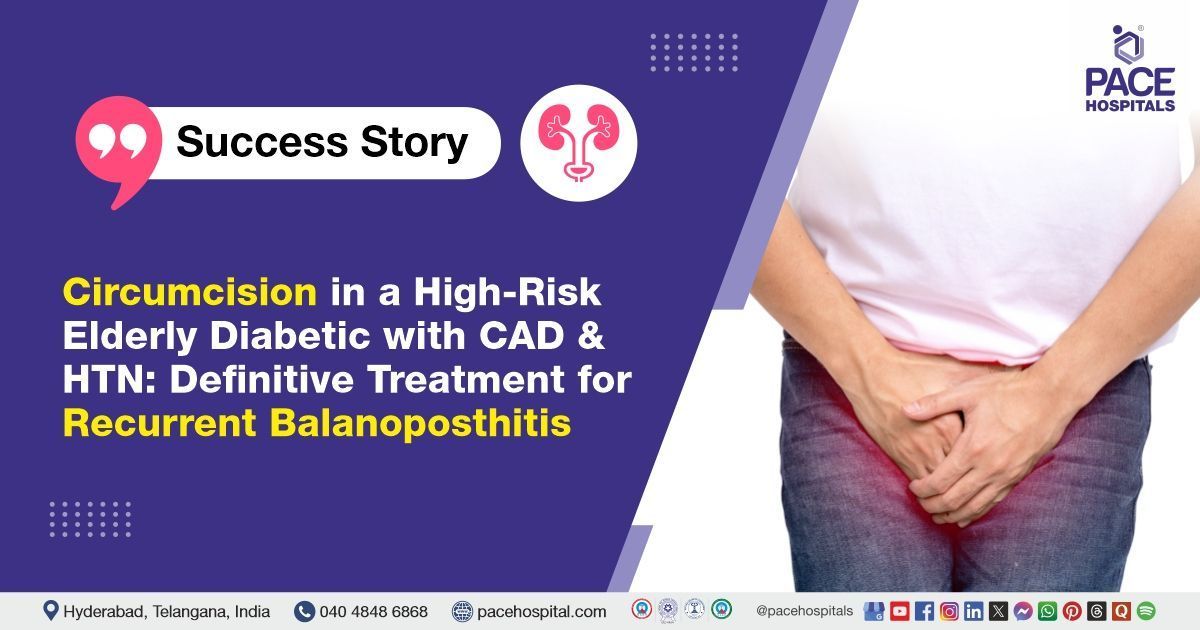Best Stomach Cancer Treatment Doctor in Hyderabad for Comprehensive Care
✅ Recommended by 8,925 Happy Patients. Get hassle-free appointments with stomach cancer specialist doctors.
Dr. Govind Verma
MD, DM (Gastroenterology)
Experience : 23+ years
Interventional Gastroenterologist, Transplant Hepatologist, Pancreatologist and Endosonologist
Specialist
Specialist in GI (gastrointestinal) disorders and Cancers such as Stomach cancer or Gastric cancer; Liver disorders: like Hepatitis B and C, Liver Cirrhosis, Liver Cancer (HCC); Anal and rectal disorders: Piles (hemorrhoids), anal fissures and anal fistulas; Pancreatic disorders: Pancreatitis, Pancreatic Tumour (Cancer); Inflammatory bowel disease: like Ulcerative Colitis and Crohn's Disease; Oesophageal and Anorectal Motility Diseases: Like Achalasia Cardia, Diffuse Oesophageal Spasm, Hirschsprungs, Functional Bowel Diseases.
Expertise
Interventional endoscopy like third space endoscopic surgery, like POEM, ARMS, GERD-X, Endoscopic Sleeve Gastroplasty (ESG), ESD, EMR & Hepato-Billiary Pancreatic Interventions, Liver biopsy, Endoscopic Procedures like ERCP, endoscopic ultrasound (EUS) and EUS guided therapeutic interventions like EUS guided biopsy, EUS guided pancreatic pseudo-cyst drainage, pancreatic and bile duct stenting,
Consultation Timing:
Mon to Sat - 10 am to 7 pm
Location:
PACE Hospitals, Hitech City
Dr. Ramesh Parimi
MS, FRCS, FAMS
Experience : 35+ years
Surgical Oncologist
Specialist
Specialist in Stomach Cancer / Gastric Cancer, Head & Neck Cancer, Oral Cavity Cancer, Oropharyngeal Cancer, Intra-Oral Cancer, Laryngeal Cancer, Endometrial Cancer, Breast Cancer, Cervical Cancer, Ovarian Cancer, Oesophageal Cancer, Uterus Cancer, Lung Cancer, Thyroid Cancer, Kidney Cancer, Colon Cancer.
Expertise
Surgery for Stomach Cancer / Gastric Cancer, Head & Neck Cancer, Oral Cavity Cancer, Oropharyngeal Cancer, Intra-Oral Cancer, Laryngeal Cancer, Endometrial Cancer, Breast Cancer, Cervical Cancer, Ovarian Cancer, Oesophageal Cancer, Uterus Cancer, Lung Cancer, Thyroid Cancer, Kidney Cancer, Colon Cancer.
Consultation Timing:
Mon to Sat - 9 am to 6 pm
Location:
PACE Hospitals, Hitech City
Dr. K Meena
MBBS, MD (General Medicine), DM (Medical Oncology), DrNB (Medical Oncology)
Experience : 14+ years
Medical Oncologist, Hemato Oncologist and Palliative Care Specialist, Europe Certified Medical Oncologist (E.C.M.O)
Specialist
Various cancers including Stomach / Gastric, Breast, Pancreatic, Brain Tumors, Oesophageal, Liver, Cervical, Colorectal, Lung, Ovarian and Other Gynaecological Cancers, Multiple Myeloma, Lymphomas, Leukaemia.
Expertise
Chemotherapy Administration, Immunotherapy and Monoclonal Antibodies, Cancer Screening and Genetic Counseling, Palliative Care, Targeted Therapy, Hormone Therapy.
Consultation Timing:
Mon to Sat - 9 am to 6 pm
Location:
PACE Hospitals, Hitech City
Dr. CH Madhusudhan
MBBS, MS - General Surgery (Osmania Medical College, Hyderabad, Telangana), FRCS (UK), MCh - Surgical Gastroenterology / G.I. Surgery (AIIMS, New Delhi), Liver Transplantation (USA)
Director - HPB and Liver Transplant
Experience : 28+ years
Senior Surgical Gastroenterologist, Bariatric and Metabolic Surgeon, GI and HPB Oncologist, Liver Transplant Surgeon
Specialist
Specialist in Surgical Gastroenterology, Liver resection (hepatectomy procedure), Advanced Laparoscopic Surgery, Minimally Invasive Hepato-Pancreato-Biliary (HPB) Surgery, Transplant Surgery, Upper GI Surgery, Abdominal Wall Reconstruction, Robotic Surgery, GI Oncology, Bariatric (Weight Loss) Surgery.
Expertise
Gastrointestinal Surgeries for Upper Gastrointestinal (GI) Diseases
- Esophagus: Esophagectomy for esophageal cancer, Nissen fundoplication for anti-reflux surgery, Laparoscopic Heller procedure (cardiomyotomy) for achalasia cardia
- Stomach: Surgery for Stomach cancer or Gastric cancer, Vagotomy for peptic ulcer disease, Endoscopic sleeve gastroplasty (ESG) for bariatric weight loss, Endoscopic gastric balloon for bariatric weight loss
- Hernia Repair: Robotic and laparoscopic (minimally invasive) surgery for inguinal hernia, femoral hernia, umbilical hernia, paraesopageal hernia, incisional hernia, epigastric hernia, hiatal hernia and parastomal hernia
- Small Intestine: Diverticular disease and diverticulitis surgery, Lower Gastrointestinal (GI) Diseases
- Colon: IBD surgery for Crohn's disease and ulcerative colitis, Laparoscopic/open rectal prolapse
- Rectum: Laparoscopic/open rectal prolapse, laser treatment for piles, hemorrhoidectomy
- Liver Diseases: Laparoscopic/open surgery for liver cancer, cirrhosis of the liver, liver benign cysts, and infections, Liver transplantation
- Gallbladder and Bile Duct Diseases: Laparoscopic/open surgery for gallbladder stones, gallbladder cancer, bile duct stones, and bile duct cancer
- Pancreas Diseases: Laparoscopic and endoscopic cooperative surgery for chronic pancreatitis, necrotizing pancreatitis, pancreatic pseudocysts, pancreatic and duodenal cancer
- Bariatric/Metabolic Surgery: Sleeve gastrectomy, Endoscopic gastric balloon for bariatric weight loss, Mini gastric bypass, Gastric bypass (Roux-en-Y)
- Other: Venous shunt for portal hypertension
Consultation Timing:
Mon to Sat - 9 am to 6 pm
Location:
PACE Hospitals, Hitech City
Dr. Suresh Kumar S
MBBS, MS (General Surgery), M.Ch (Surgical Gastroenterology)
Experience : 13+ years
Surgical Gastroenterologist, Minimally Invasive GI Surgeon and Advanced Laser, Laparoscopic Surgeon
Specialist
Specialist in gastrointestinal, pancreatic and hepatic diseases such as cirrhosis of the liver, gastroesophageal reflux disease (GERD), hernias, piles, hemorrhoids, anal fistula, anal fissure hernias, chronic pancreatitis, hepatitis, non-alcohol-related fatty liver disease (NAFLD), colon and rectal cancer, appendicitis, bile duct stones etc.
Expertise
Liver resection (hepatectomy procedure), Laparoscopic cholecystectomy, laparoscopic common bile duct exploration (LCBDE), laparoscopic inguinal hernia and ventral hernia repair, laparoscopic fundoplication, laparoscopic hemicolectomy, laparoscopic low anterior resection, laparoscopic abdominoperineal resection, laparoscopic gastrectomy, stapled hemorrhoidectomy, laparoscopic appendectomy, bariatric surgery, lateral pancreaticojejunostomy, laser for piles, Whipple procedure (pancreaticoduodenectomy), hepatectomy, distal pancreatectomy etc. His special interest lies in diagnosing and treating gastroesophageal reflux disease and complex hernias, in addition to operating bariatric surgery for obesity.
Consultation Timing:
Mon to Sat - 9 am to 6 pm
Location:
PACE Hospitals, Hitech City
Dr. Padma Priya
MBBS, MD (Internal Medicine), DrNB (Medical Gastroenterology)
Experience : 9+ years
Consultant Gastroenterologist and Hepatologist
Specialist
Specialist in gastrointestinal (GI), pancreatic and hepatic diseases such as liver cirrhosis, gastroesophageal reflux disease (GERD), anal and rectal disorders such as piles (hemorrhoids), anal fissures and anal fistulas, Inflammatory bowel disease (Ulcerative colitis and Crohn’s disease), Inflammatory bowel Syndrome, Peptic ulcers, Celiac disease, GI infections, Gallbladder stones, Biliary tract disorders, Liver diseases, Pancreatic disorders, Gastrointestinal bleeding, Diverticulitis, Eosinophilic Gastroenteritis, Gastrointestinal motility, Gastrointestinal cancer, Malabsorption Syndromes etc.
Expertise
ERCP, EUS, Colonoscopy, Sigmoidoscopy, Capsule endoscopy, Endoscopic mucosal resection, Endoscopic ultrasound-Fine needle aspiration / Fine needle biopsy, Polypectomy, Esophagogastroduodenoscopy (EGD), Endoscopic ultrasound (EUS)-guided, Cystogastrostomy, Spiral enteroscopy, Oesophageal manometry, Ano-rectal manometry, PEG tube insertion, Narrow-band imaging, Endoscopic variceal ligation, Argan plasma coagulation, Haemoclip deployment, NJ Tube placement, Oesophageal bougie dilation, Achalasia balloon dilation, Colonic stricture dilation, Pyloric balloon dilation, etc.
Consultation Timing:
Mon to Sat - 9 am to 6 pm
Location:
PACE Hospitals, Hitech City
Dr. Prashanth Sangu
MBBS, MS (General Surgery), M.Ch (Surgical Gastroenterology)
Experience : 10+ years
Surgical Gastroenterologist, Laser and Laparoscopic Surgeon
Specialist
Surgical Gastroenterology, HPB Surgery, Hepatectomy surgery, Laparoscopic Surgery, Cancer surgeries related to Esophagus, Stomach, Small and Large intestine, Rectum, Liver, Gall bladder, Pancreas etc.
Expertise
General and laparoscopic surgeries such as Laparoscopic fundoplication for GERD, Radical & Sleeve gastrectomy, Antrectomy, Splenectomy, Bariatric surgeries, Lap cholecystectomy, Laparoscopic common bile duct exploration (LCBDE), Frey's procedure, LPJ obstruction, Liver resection (hepatectomy), Hepaticojejunostomy, Radical Cholecystectomy, Whipple's procedure (pancreaticoduodenectomy), Hepatectomy, Colectomy, Low anterior resection, APR (Laparoscopic abdominoperineal resection), Rectopexy (Rectal prolapse surgery), Laser for Piles and Hemorrhoids, Surgery for fistula in ano.
Consultation Timing:
Mon to Sat - 9 am to 6 pm
Location:
PACE Hospitals, Hitech City
Stomach Cancer Specialist Doctors in Hyderabad for Advanced Care
PACE Hospitals is a leading healthcare provider known for its exceptional cancer care for GI and HPB cancers also renowned for having one of the Best Stomach Cancer Doctor in Hyderabad, India; offering comprehensive and personalized care to patients. The team of surgical oncologists, GI and HPB oncologists at PACE Hospitals are highly skilled and experienced in performing complex stomach / gastric cancer surgeries, including minimally invasive laser, laparoscopic and robotic procedures that result in faster recovery times and reduced complications. Our medical oncologists are experts in the use of chemotherapy, targeted therapy, and immunotherapy to treat stomach cancer, and they work closely with patients to develop treatment plans that are tailored to their individual needs and preferences.
At PACE Hospitals, we understand that a stomach cancer diagnosis can be crucial, which is why we provide ongoing support and resources to help patients and their families navigate this difficult time. Our team of nurses, social workers, and other healthcare professionals work together to provide comprehensive care, from diagnosis and treatment to survivorship and palliative care. PACE Hospitals is committed to improving patient outcomes and delivering compassionate medical and surgical care with excellence and compassionate approach, with a focus on improving outcomes and quality of life, making them the top choice for anyone looking for the Best Stomach Cancer Specialist in Hyderabad, Telangana, India.
Frequently Asked Questions (FAQs) on Stomach Cancer
What age group or gender is more likely to develop stomach cancer?
Although stomach cancer is more common in males and the elderly, it can affect anyone:
Age: About 60% of stomach cancer cases occur in adults over 65 years of age, with an average diagnosis age of 68.
Gender: With a ratio of roughly 1 in 101 to 1 in 155, men have a slightly higher lifetime risk of stomach cancer than women.
Age-specific incidence: Between the ages of 35 and 39, female incidence rates rise gradually whereas male incidence rates rise more sharply. The age range between 70 and 74 is when the difference in incidence rates between men and women is greatest.
Is stomach cancer more prevalent in people with specific medical conditions?
Yes, a number of medical illnesses, such as type 'A' blood group, chronic atrophic gastritis, stomach polyps, helicobacter pylori (H. pylori) infection, pernicious anemia, may increase the risk of stomach cancer.
Can stomach cancer be treated at any stage?
Although stomach cancer is curable at any stage, the likelihood of recovery diminishes with the disease's progression:
Early stage: Localized distal gastric cancer has a cure rate of over 50%, and stomach cancer is most treatable when detected early. However, only 10–20% of cases of stomach cancer receive an early diagnosis.
Advanced cancer stage: Patients with disseminated illness have an almost-zero 5-year survival rate in advanced stages, while those with proximal gastric cancer have a 10 to 15% survival rate.
Recurrent cancer: The location of the cancer's recurrence, the patient's general health, and the previous treatments received will influence the available therapy options.
What are the chances of stomach cancer spreading to other organs at different stages?
The likelihood that stomach cancer will spread to other organs is dependent upon the cancer's stage:
Localized: There is only stomach cancer, while there is a 75% 5-year relative survival rate.
Regional: The 5-year relative survival rate is 35%, and the cancer has spread to adjacent lymph nodes or organs.
Metastatic: The 5-year relative survival rate is 7%, meaning that the cancer has progressed to a distant portion of the body.
What are the early warning symptoms of stomach cancer?
Although signs of early-stage stomach cancer are rare, when they do occur, they may include:
- Unexplained weight loss: Significant weight loss that has no apparent explanation may be due to the decreased appetite and problems with nutrient absorption.
- Pain in the stomach: Usually felt above the belly button.
- Heartburn or indigestion that lasts a long time.
- Vomiting and nausea: vomiting up, either with or without blood.
- Bloating: After eating, patient experiences bloating or gas.
- Weakness or fatigue: Anemia-related feelings of weakness or fatigue.
What are the main risk factors for developing stomach cancer?
Some of the major risk factors associated with stomach cancer are as mentioned below:
- Age: As the age increases, the risk of acquiring stomach cancer increases
- Smoking history: The smokers are more prone to get the stomach cancer than non -smokers.
- Familial history: A person with their first-degree relative with stomach cancer has high chances of cancer risk.
- Diet: Poor diet with low fiber, vegetables and fruits and high consumption of smoked or poorly preserved food might Increase the risk.
Other than these, some of the other conditions which increase the risk of stomach cancer are polyps, gastritis, H. pylori infection, gastroesophageal reflux disease etc.
What does each stage of stomach cancer mean in terms of tumor size and spread?
Stomach cancer is classified according to the TNM staging method, which considers the tumor's size and extent of dissemination.
- Stage 0: Early-stage cancer that hasn't spread to the stomach's deeper layers
- Stage I: The cancer has progressed to one or two lymph nodes and developed into the inner or outer muscle layers of the stomach wall.
- Stage II: The cancer has progressed to some lymph nodes and deeper layers of the stomach wall, but not to other body areas.
- Stage III: The cancer has progressed to 7 to 15 neighboring lymph nodes and the muscular layer.
- Stage IV: The cancer has progressed to organs other than the stomach, including the liver and lungs.
Can stomach cancer be detected early before it reaches an advanced stage?
In the early stages, stomach cancer often displays no symptoms at all, although chronic dyspepsia, heartburn, feeling full quickly, and bloating are some early indicators that might help in early detection. Due to the lack of symptoms, stomach cancer is frequently diagnosed at a more advanced stage by doctors. Early detection of stomach cancer and screening of high-risk patients can be achieved by endoscopic procedures.
How does the stage of stomach cancer affect the prognosis?
The prognosis, or chance of recovery, is greatly influenced by the stage of stomach cancer. In comparison to later stages of cancer, early-stage stomach cancer has a far better prognosis.
- Localized cancer: 75% is the survival rate of patients with stomach cancer in case of localized stomach cancer.
- Regional: The five-year survival rate with regional stomach cancer is 35%
- Metastatic: There is a 7% 5-year survival rate for stomach cancer that has spread to different organs or systemic circulation.
- Stage 4: The 1-year survival rate for stomach cancer at stage 4 is about 20%, however there are no 5-year survival rate statistics available.
Can stomach cancer be mistaken for a stomach ulcer or gastritis?
Yes, there is a possibility that stomach cancer will be misdiagnosed as gastritis or stomach ulcers due to their comparable symptoms, particularly in the early stages. Stomach cancer is frequently misdiagnosed as gastritis, peptic ulcer disease, or
gastroesophageal reflux disease (GERD).
Is blood in the stool or vomit a sign of stomach cancer?
Blood in the stool or vomiting can’t always be a symptom of stomach cancer. There are few other concomitant symptoms that can support the diagnosis of stomach cancer like weight loss, fatigue, loss of appetite etc. In general, the blood can be seen in the stools or vomiting in case of other conditions also like
hemorrhoids,
inflammatory bowel disease, tumors or anal fissures.
Can long-term stomach conditions, like gastritis or ulcers, lead to stomach cancer?
Some of the chronic gastrointestinal conditions like gastritis or gastric ulcers would increase the risk of stomach cancer as these conditions, if left untreated, damage the stomach lining and causes malignancy.
Can infections like Helicobacter pylori (H. pylori) cause stomach cancer?
Yes, helicobacter pylori or H. Pylori could be one of the strongest risk factors of stomach cancer in various ways. Majorly, H. Pylori causes hypermethylation and this inactivates the tumor suppressor genes and leads to stomach cancer. In some persons, H. Pylori causes chronic gastritis for decades. This increases the high risk of stomach cancer.
Is there a connection between acid reflux and stomach cancer?
The relationship between acid reflux and stomach cancer depends on the severity and type of acid reflux. If it is acute or periodic acid reflux, the chances of the risk of stomach cancer are relatively very low. Whereas, if the acid reflux is chronic, the acid in the stomach damages the esophagus consistently and leads to
Barrett’s esophagus, which increases the risk of stomach cancer.
Are people with autoimmune diseases more likely to develop stomach cancer?
Yes, people suffering from autoimmune diseases may have a high risk of developing the stomach cancer. Autoimmune gastritis is reportedly to be the causes of 7.8%-19.5% of all stomach cancers. Other autoimmune conditions like Systemic lupus erythematous (SLE) or Graves disease increase the risk of stomach cancer by 1.16 times as per reports.
Do certain medications or treatments increase the risk of stomach cancer?
Yes, as per several studies, certain medications like proton-pump inhibitors (PPIs) may increase the risk of stomach cancer, specifically non-cardia gastric cancers. It is found that almost 45% increased chance of stomach cancer is associated with people who are on proton-pump inhibitors rather than H2 receptor antagonists.
Is smoking and alcohol consumption a risk factor for stomach cancer?
Yes, Tobacco smoking an alcohol consumption are two major risk factors for stomach cancer. Moreover, these two factors if combined, increase the chances of stomach cancer even more in people. Excess alcohol intake or tobacco smoking might cause the genetic changes in the stomach lining, which can lead to stomach cancer.
What are the potential complications of untreated stomach cancer?
If the stomach cancer is left untreated, or advanced in its severity, there could be few complications associated with stomach cancer, such as:
- Metastasis of the cancer
- Bleeding or hemorrhage
- Gastric cellular perforation
- Obstruction at gastroesophageal junction (GEJ)
- Abdominal ascites
- Hepatomegaly associated with jaundice
Can stomach cancer spread to other parts of the body (metastasize)?
Yes, the stomach cancer can spread to other parts of the body, which is called metastasis. In most cases, stomach cancers might spread to other organs of the body like the liver, lungs, esophagus, kidneys or colon.
What are the risks of cancer spreading to nearby organs?
When the cancer spreads to nearby organs, it is called metastasis, and it is more dangerous when the cancer metastasizes than being confined to the primary tumor location. This is because the metastasized tumor is often difficult to treat and could be seen with more aggressive symptoms. The mortality rate is also high when the cancer is metastasized with almost 67% of cancer deaths.
Can stomach cancer cause digestive issues, such as difficulty swallowing or persistent nausea?
Yes, It is very important to consider the digestive issues caused by stomach cancer, such as dysphagia (difficulty in swallowing) or persistent nausea. Some of the other gastric issues caused by stomach cancer are heart burn, indigestion, bloating after eating etc.
Can stomach cancer cause weight loss or nutritional deficiencies?
Yes, in most of the stomach cancer cases, the patient may not feel like eating due to difficulty in swallowing the food, blockage of gastroesophageal junction, nausea sensation and in rare cases, dumping syndrome. In dumping syndrome, the food moves through the stomach and small intestine too quickly causing malabsorption of nutrients.
Can stomach cancer lead to complications like ascites (fluid buildup in the abdomen)?
The stomach cancer could cause building up of fluid in the abdomen (ascites) in almost 18% of the stomach cancer patients. However, ascites is not just the symptom seen in stomach cancer cases alone, but many other medical malignancies like liver cirrhosis or colorectal cancer, pancreatic or breast cancer etc. might also lead to ascites.
What tests are used to diagnose stomach cancer?
There are various diagnostic tests available to diagnose stomach cancer such as:
- Barium swallow test
- Upper gastrointestinal endoscopy
- Computed tomography (CT) scan
- Positron emission topography (PET) scan
- Blood tests for tumor markers
- Stool test
Will I need an endoscopy to confirm the diagnosis?
Yes, to confirm the diagnosis of gastric cancer, endoscopy is one of the best available diagnostic procedures when compared to the conventional X-ray technique. In this endoscopic procedure, your doctor will pass a tube attached to a micro camera that helps in better view, collect tissue sample or sometimes detect cancers in the upper gastrointestinal tract.
Will blood tests help detect stomach cancer or its progression?
In general, the stomach cancers cannot be diagnosed by blood tests alone. However, it would support other diagnostic reports or imaging tests done to confirm stomach cancer.
Can stomach cancer be detected in its early stages through routine test and screening?
Some of the routine screening tests done to diagnose the stomach cancer are barium-meal gastric photofluorography,
upper gastrointestinal endoscopy, serum pepsinogen level assessment test etc. However, it is important to note that these are available non-standard screening tests for stomach cancer.
What are the treatment options available for the stomach cancer?
Some of the treatment options available for the stomach cancer are:
- Surgery
- Radiation therapy
- Chemotherapy
- Targeted cell therapy
- Immunotherapy
- Endoscopic mucosal resection (EMR)
What is the role of chemotherapy and radiation in treating stomach cancer?
Chemotherapy and radiation therapy are commonly used to treat stomach cancer at various stages. Before surgery, neoadjuvant chemotherapy shrinks the tumor, while post-surgery, adjuvant chemotherapy kills remaining cancer cells. For non-removable cancers, both treatments can slow growth and relieve symptoms. Combining chemotherapy and radiation therapy can be more effective, and both can have side effects.
Are there minimally invasive options for treating stomach cancer?
Minimally invasive options for
stomach cancer treatment include
endoscopic mucosal resection and
submucosal dissection, laparoscopic surgery, and
robotic-assisted surgery. These procedures are used for early-stage stomach cancer, removing the tumor without deep penetration. However, lymph node dissection and robotic-assisted surgery may hinder their wider application. Early-stage stomach cancer patients have a better prognosis than later-stage cancer patients.
What are the chances of cancer recurrence after surgery?
Recurrence rates for cancer after surgery depend on factors like type, stage, and treatment. Gastric cancer recurrence is 70% within two years, with age, lymphatic metastasis, and submucosal invasion being associated.
Which specialist doctor to consult for stomach cancer?
It is important to consult with a gastroenterologist with the team of specialist doctors such as surgical oncologists, medical oncologists, and radiation oncologists who can provide a comprehensive and personalized treatment plan for stomach cancer.
- Gastroenterologist may perform endoscopies and other diagnostic tests to evaluate stomach symptoms and diagnose stomach cancer.
- Surgical oncologist may perform surgeries to remove all or part of the stomach, as well as lymph nodes and other tissues that may be affected by cancer.
- Medical oncologist may prescribe chemotherapy, targeted therapy, or immunotherapy to treat stomach cancer.
- Radiation oncologist may use external beam radiation therapy or internal radiation therapy (brachytherapy) to treat stomach cancer.
What our patients have to say
Experts perspective
Why choose PACE Hospitals?
- A Multi-Super Speciality Hospital.
- NABH, NABL, NBE & NABH - Nursing Excellence accreditation.
- State-of-the-art Liver and Kidney transplant centre.
- Empanelled with all TPA’s for smooth cashless benefits.
- Centralized HIMS (Hospital Information System).
- Computerized health records available via website.
- Minimum waiting time for Inpatient and Outpatient.
- Round-the-clock guidance from highly qualified gastroenterologists, GI and HPB oncologists, medical oncologists & surgical oncologists.
- Standardization of ethical medical care.
- 24X7 Outpatient & Inpatient Pharmacy Services.
- State-of-the-art operation theaters.
- Intensive Care Units (Surgical and Medical) with ISO-9001 accreditation.
Share on
Request an appointment
Fill in the appointment form or call us instantly to book a confirmed appointment with our super specialist at 04048486868

